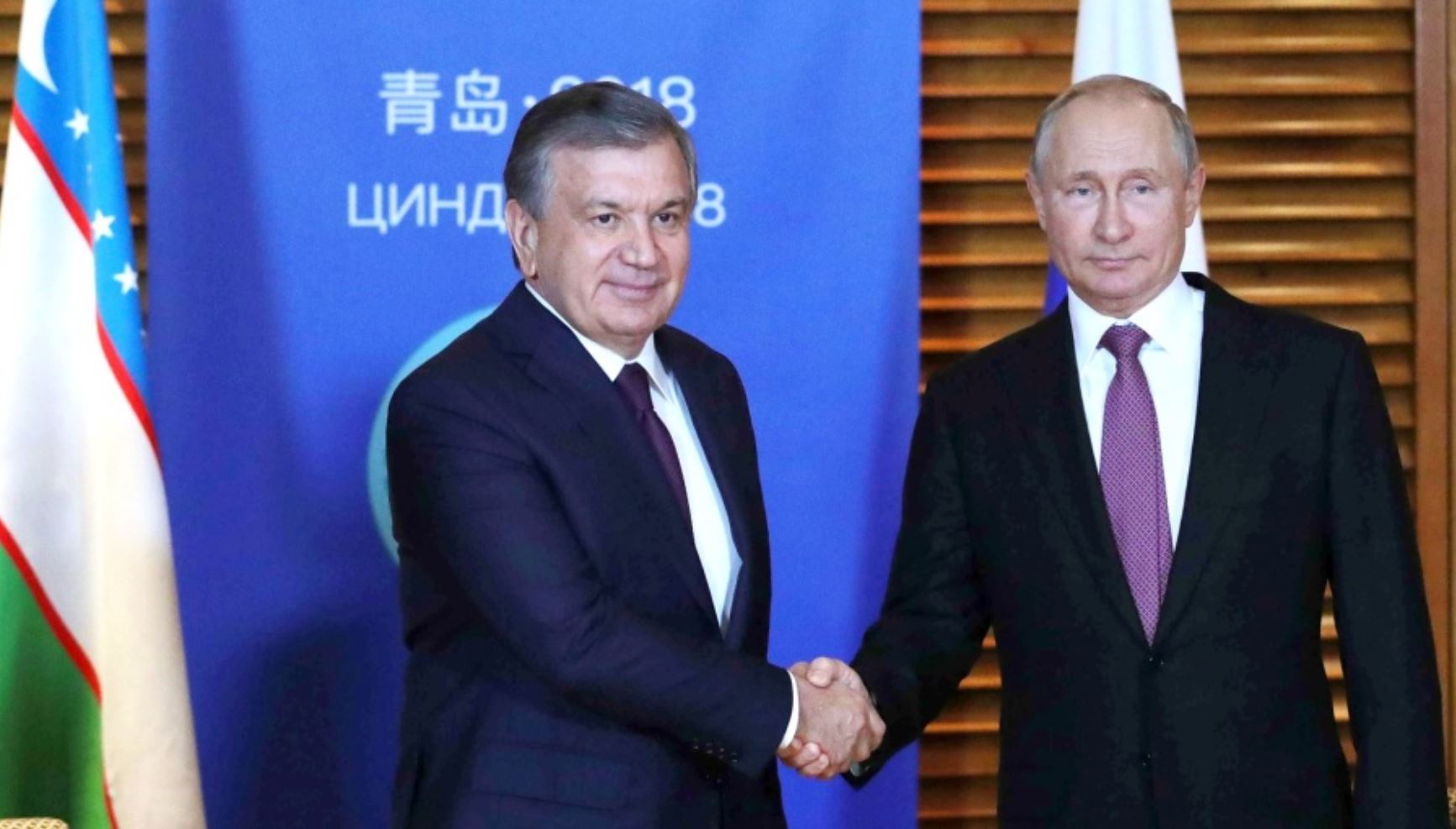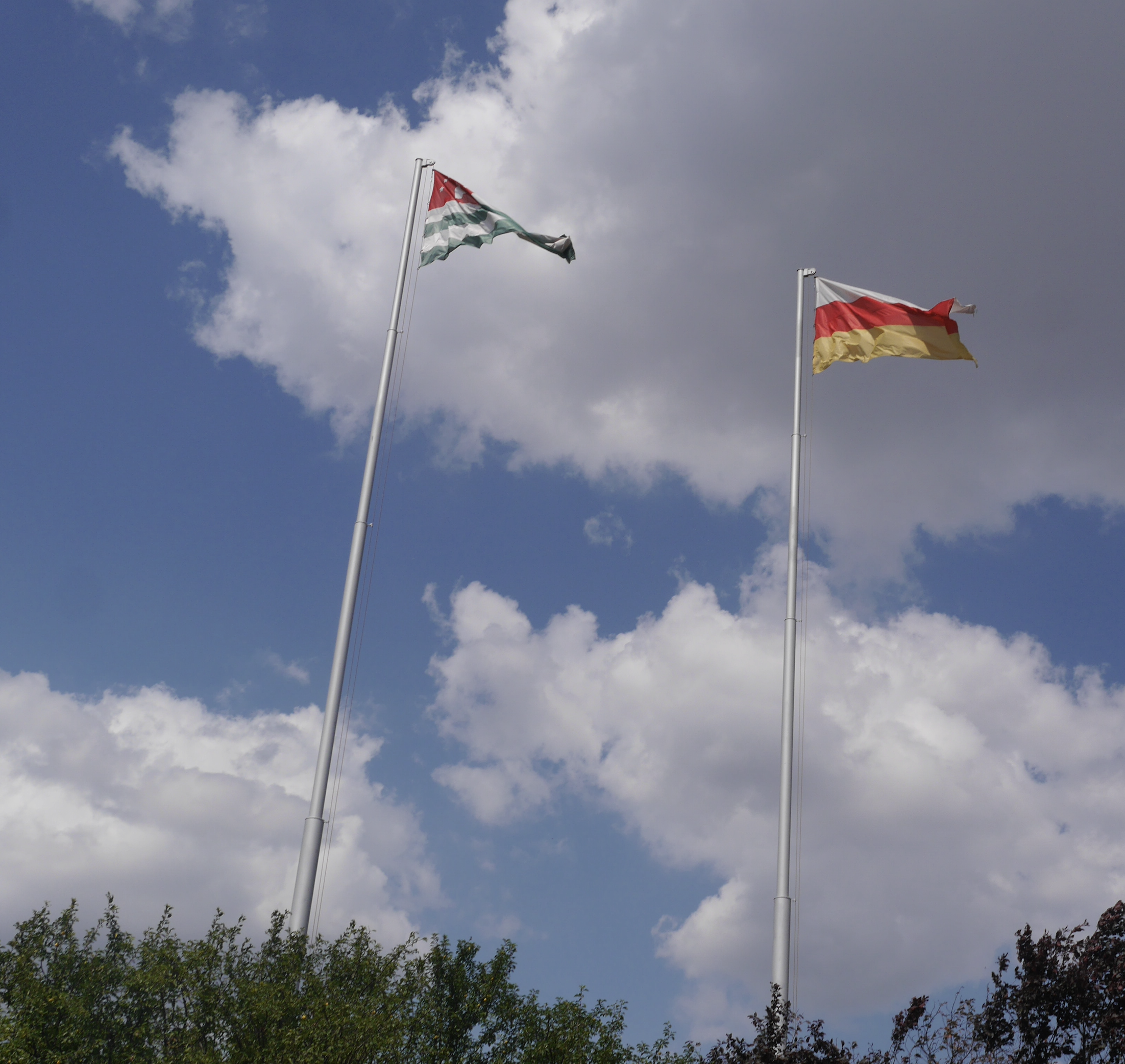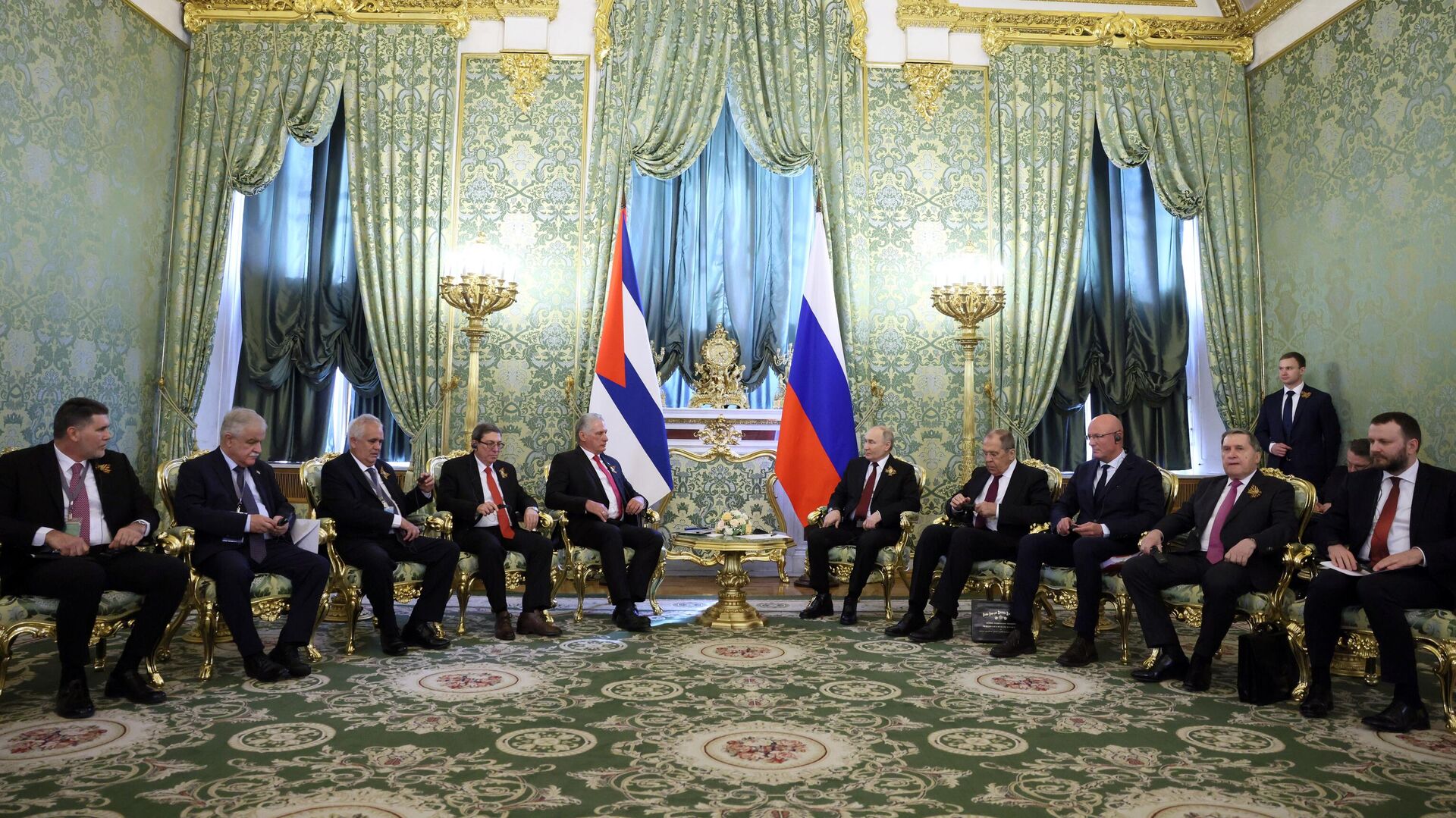
Uzbekistan Temporarily Chooses Observer Status Instead of Full Membership in Eurasian Union
Uzbekistan Temporarily Chooses Observer Status Instead of Full Membership in Eurasian Union
On March 6, 2020, the Cabinet of Ministers of Uzbekistan approved the decision to apply for observer status with the Russian-led Eurasian Economic Union (EEU) (Kun.uz, March 7). The move brings to a close months of speculation about whether Tashkent would end previous president Islam Karimov’s policy of eschewing all Moscow-led integration processes. Uzbekistan’s current head of state, Shavkat Mirziyoyev, has been undoing Karimov’s legacy in a number of areas, despite initially pledging to carry on his policies unchanged; now, opening his country to joining the Kremlin’s major regional integrationist supranational institutions, including the EEU, appears to be a part of that process. The latest decision regarding the EEU raises two important questions, however: Why did Tashkent opt only for observer status, which by itself offers zero economic benefit, and how long does Tashkent plan to maintain this condition before becoming a full member of the Russia-dominated bloc?
EEU observer status falls far short of full membership, offering none of the economic benefits available to full members. And considering the repeated support many top Uzbekistani officials had expressed about joining (see EDM, July 25, 2019 and October 14, 2019), Tashkent’s decision to delay actual accession in this way is rather puzzling. For several months, authorities in Uzbekistan have praised the purported advantages the country would receive from increased trade and streamlined transportation procedures with the EEU upon membership. At the same time, they promised tangible gains for all Uzbekistani nationals currently working abroad within the EEU space and sending remittances back home (Isrs.uz, February 28; Xalq Sozi, February 19; Review.uz, January 15).
Tashkent will become the EEU’s second observer state after Moldova, which acceded to this status in 2017 (Eurasiancommission.org, April 4, 2017). The process of obtaining observer status is a straightforward and fast process. Once the Cabinet of Ministers’ decision to pursue it is approved by the Uzbekistani parliament—which will happen without a doubt—Tashkent will send an official request to the Eurasian Economic Commission (Cntd.ru, May 14, 2018). Within 30 days, the Eurasian Economic Council will review the request and announce the decision. The official signing ceremony on the cooperation memorandum between the EEU and Tashkent could be timed for Mirziyoyev’s visit to Moscow this June (TASS, February 14, 2020).
As alluded to above, observer status offers no access to expedited or preferential treatment of products, single tariff arrangements, or reduced transportation costs, which Tashkent had been clamoring for in talks with Moscow. Rather, being an observer to the bloc gives countries the right to participate in open EEU Council meetings (if invited), to be in contact with various EEU Commission bodies, and to receive non-confidential documents (Cntd.ru, May 14, 2018).
The timeline regarding Uzbekistan’s observer status is not clear at this time. According to one expert’s opinion, Uzbekistan will remain an observer for five years (The Diplomat, December 5, 2019). This would be a particularly long period for the country, particularly after its officials, including the president himself, had spent the past several months selling the population on membership by continually promoting the alleged savings Uzbekistan’s industry would receive, the large markets that would open up, and the money labor migrants would save. Therefore, Tashkent is likely to push ahead with full membership much sooner than 2025.
Even as Uzbekistani lawmakers focused on relaying to the domestic audience the advantages of joining the EEU, the executive branch has been continually assuring international partners that Uzbekistan was committed to openness and cooperation with all countries, without limiting itself to a single partner, such as Russia (Podrobno.uz, December 3, 2019; Kun.uz, November 10, 2019; Isrs.uz, February 28; T.me/uzbbenelux, January 9).
Domestic economic studies of Uzbekistan’s possible membership in the EEU predicted overwhelmingly positive results in favor of acceding to the Eurasian bloc (Review.uz, February 5). These studies all present economic advantages for various sectors of the economy and emphasize that gains from membership will outweigh the losses. Any independent suggestions that joining might come with certain political constraints on Tashkent seem to incite irritation from Uzbekistani officials. Illustratively, Prime Minister Abdulla Aripov responded to such criticism by declaring, “…political know-it-alls abound who say we would cede our independence. But to whom would we give this independence? Has anybody asked what facets of independence will be given away?” (Daryo.uz, February 17).
Tashkent’s postponement of full EEU membership may thus have been motivated by a mixture of concerns expressed by Western governments, with whom Uzbekistan is trying hard to cultivate warmer relations, and the negative opinions expressed by the domestic independent blogging community. The reaction of both groups to EEU accession has been far from enthusiastic. Yet, despite partially yielding to that outside critique, the majority of Tashkent’s officials still appear inclined to dismiss observations that the EEU is de facto a Russia-centric organization designed to advance Moscow’s revisionist Eurasianism concept that inherently turns Russia’s neighbors in the region into client states (see EDM, May 21, 2018 and October 7, 2019; Silkroadstudies.org, 2014).
Tashkent’s public discussions of EEU membership remain confined to the economic sphere, and the government’s risk-benefit calculations are solely confined to this realm as well. All talk of the serious long-term political risks associated with this policy course is kept silent. Nevertheless, by initially opting for observer status rather than pursuing full membership, Tashkent is showing its sensitivity to Western partners. But at the same time, Uzbekistan is entering a complicated balancing game with all of its international partners.


